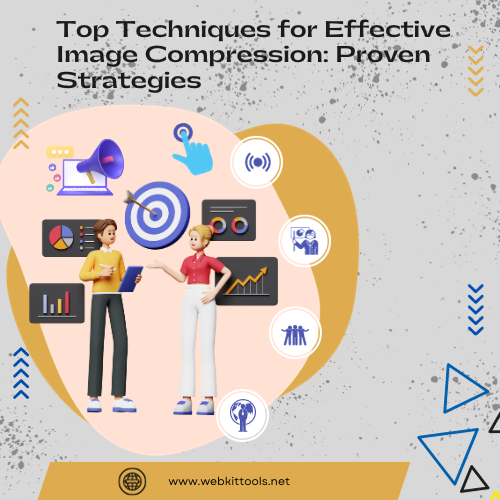Speed Converter
Speed Conversion Calculator
A speed converter is a mechanical or electronic device designed to alter the rotational speed of a motor or engine into a different speed output. These devices are pivotal in numerous applications, from industrial machinery to automotive systems.
Speed converters operate on gear ratio manipulation or electronic frequency modulation. By adjusting the transmission mechanism or electrical signals, these converters can effectively modify speed inputs to match specific operational requirements.
Advantages of Speed Converters
Speed converters offer several compelling benefits that enhance operational efficiency and performance across diverse industries.
Speed Converter vs. Inverter
Differentiating Between Speed Converter and Inverter
While both speed converters and inverters serve to regulate motor speed, they operate on distinct principles and cater to different applications. Understanding their differences is essential for choosing the most suitable solution for specific requirements.
Can speed converters be retrofitted into existing machinery?
Yes, in many cases, speed converters can be retrofitted into existing machinery to upgrade or enhance performance. However, compatibility and integration issues may arise depending on the machinery's design and configuration. It's essential to consult with experts to assess feasibility and ensure seamless integration with existing systems.
What maintenance practices are recommended for prolonging the lifespan of speed converters?
To prolong the lifespan of speed converters, it's important to implement regular maintenance practices, including:
- Routine Inspections: Periodically inspect speed converters for signs of wear, damage, or malfunction.
- Cleaning: Keep speed converters clean and free of debris or contaminants that could affect performance.
- Calibration: Regularly calibrate speed converters to maintain accuracy and precision in speed control.
- Temperature Monitoring: Monitor temperature levels to prevent overheating and thermal damage.
Are speed converters compatible with various types of motors?
Yes, speed converters are designed to be compatible with a wide range of motor types, including:
- Induction Motors: Commonly used in industrial applications for their robustness and reliability.
- Synchronous Motors: Ideal for applications requiring precise speed control and synchronization.
- DC Motors: Widely used in automotive and robotics industries for their simplicity and versatility.
- Brushless DC Motors (BLDC) are known for their efficiency and durability and are commonly used in electric vehicles and appliances.
Speed converters are engineered to accommodate different motor types, offering compatibility and adaptability across various applications.
What safety precautions should be observed when operating speed converters?
When operating speed converters, it's crucial to prioritize safety to prevent accidents and ensure personnel well-being. Some essential safety precautions include:
- Proper Installation: Follow manufacturer guidelines and industry standards for correct installation and setup.
- Electrical Safety: Adhere to safety protocols when working with speed converters, including proper grounding and insulation.
- Lockout/Tagout Procedures: Implement lockout/tagout procedures to de-energize and isolate equipment before performing maintenance or repairs.
- Overload Protection: Install overload protection devices to safeguard against excessive current or torque.
- Training and Awareness: Provide comprehensive training to personnel on the safe operation and maintenance of speed converters.
Conclusion
In conclusion, speed converters represent a cornerstone technology in modern industrial and automotive applications, offering unparalleled versatility, efficiency, and performance optimization capabilities.
By understanding the fundamental principles, benefits, and operational considerations of speed converters, businesses can harness the full potential of these devices to drive innovation, enhance productivity, and achieve sustainable growth.














